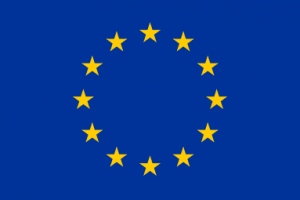What is interdisciplinarity and why is it so relevant to science education? Listen to the 2nd podcast of the series "Lenses for tomorrow"
"Lenses for tomorrow" is our podcast, exploring FEDORA's three main topics: interdisciplinarity, creativity -new languages- and future thinking. Our interviewees on this occasion are Raminta Pucetaite from the Kaunas University of Technology and Shulamit Kapon, a Technion University of Technology professor from Israel. Together, they share their views about the role of disciplines, how boundaries […]
Read more
